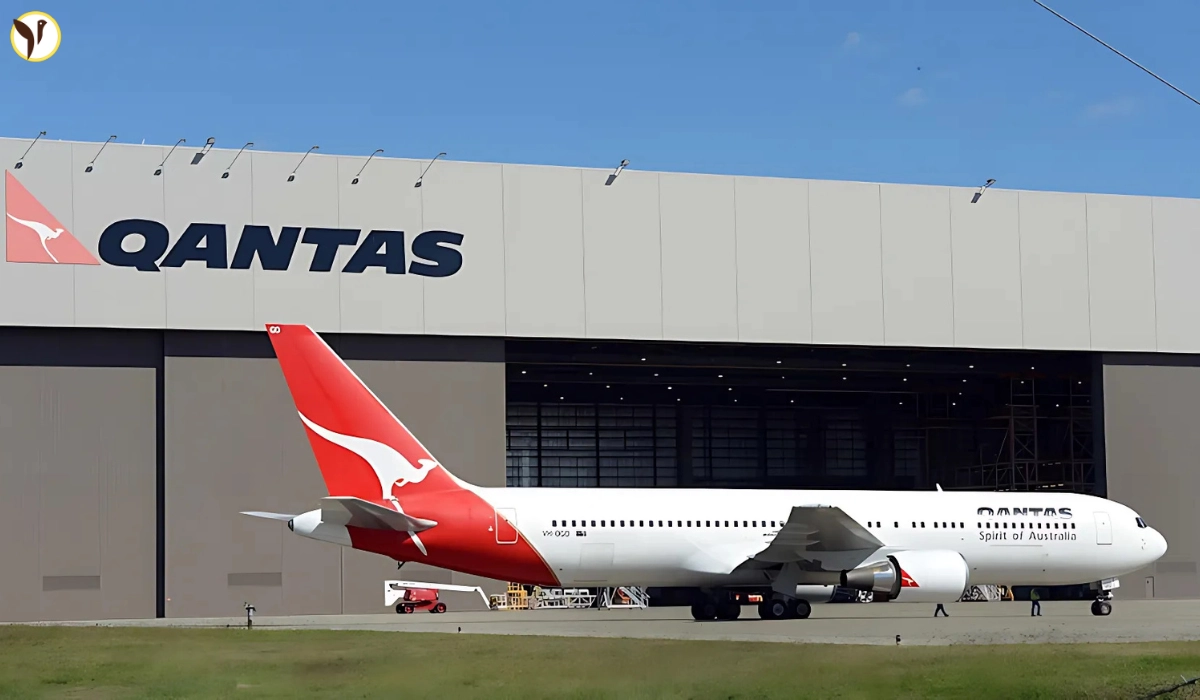Qantas has announced it will close Jetstar Asia, its budget airline based in Singapore, by July 31, 2025. The decision will result in the layoff of approximately 500 employees, marking a significant reduction in aviation jobs in the region. Jetstar Asia has operated in Singapore for nearly two decades, but rising operational costs, airport charges, and fierce competition have forced Qantas to make this tough call. For many workers, this announcement came as a shock, especially after the airline survived the challenges of the COVID-19 pandemic.
Which Jobs Are Affected and Who Is at Risk?
The job losses will affect a wide range of employees, including pilots, cabin crew, engineers, ground staff, and office workers. Many of these individuals have supported Jetstar Asia through some of its most difficult years, including travel restrictions during the pandemic and sharp increases in airline operation costs. The closure will also impact contractors and third-party service providers who support Jetstar’s daily operations at Changi Airport. These employees are facing an uncertain future, especially as competition for aviation-related jobs in Singapore remains high.
Qantas and NTUC to Assist Affected Workers
Qantas says it is committed to supporting the 500 affected employees through this transition. The company is working with Singapore’s National Trades Union Congress (NTUC) to create pathways for retraining, job placement, and redundancy packages. While exact financial details of the severance have not been released, both Qantas and NTUC have confirmed they will work together to ensure fair treatment of workers. Career assistance programs, upskilling workshops, and aviation job fairs are expected to be part of this effort.
Industry Reactions and Union Response
The news has sparked concern within the aviation community. NTUC and other unions have voiced sympathy and frustration, noting that this is a major loss for the workforce and aviation sector in Singapore. Aviation experts believe the shutdown reflects the growing challenges faced by smaller budget carriers in the region, particularly those operating from high-cost hubs like Singapore. Labor groups are urging the government to intervene and explore long-term support options for displaced workers.
Future Opportunities and Job Creation in Australia
While 500 jobs are being cut in Singapore, Qantas has announced it will create over 100 new positions in Australia and New Zealand. These jobs will support the redeployment of 13 Airbus A320 aircraft, currently used by Jetstar Asia, to strengthen regional and domestic routes under Qantas and Jetstar Australia. However, these roles are unlikely to benefit the displaced Singapore-based employees unless relocation is an option—which, for many, may not be feasible due to visa or family constraints.
Image Source:









